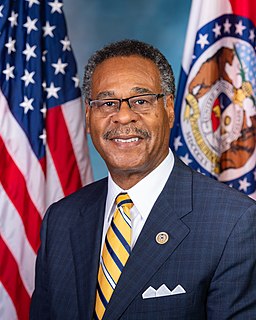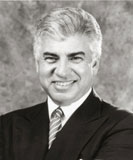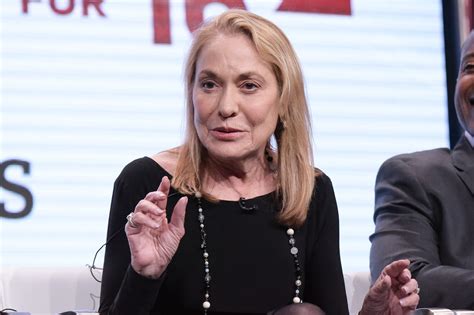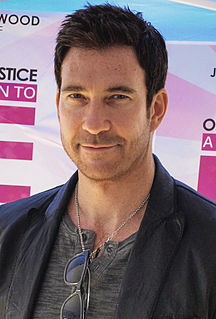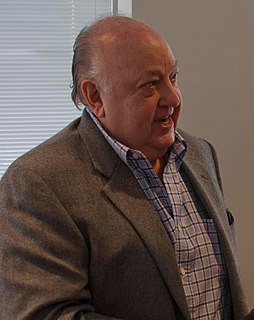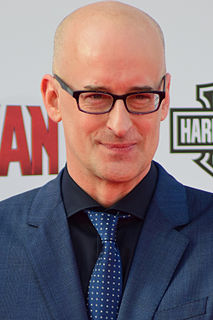A Quote by Emanuel Cleaver
The language has changed. When I grew up and watched the campaigns of John Kennedy, even with Richard Nixon, there was a lot higher level of civility. Now we describe a disagreement as an attack.
Related Quotes
John Stuart Mill, in his wonderful 1859 book On Liberty, talks about civility. And this is why you should always be concerned about calls for civility. He points out that civility ends up getting defined by the people who are in charge. And you'll notice that when people argue for civility, they tend to actually believe that whatever they say is civil. And if they're angry about it, it's righteous rage. But if you say it and it's kind of sharp or mean, then it's incivil. ... And sometimes, disagreement-to be productive-can't be all that civil.
